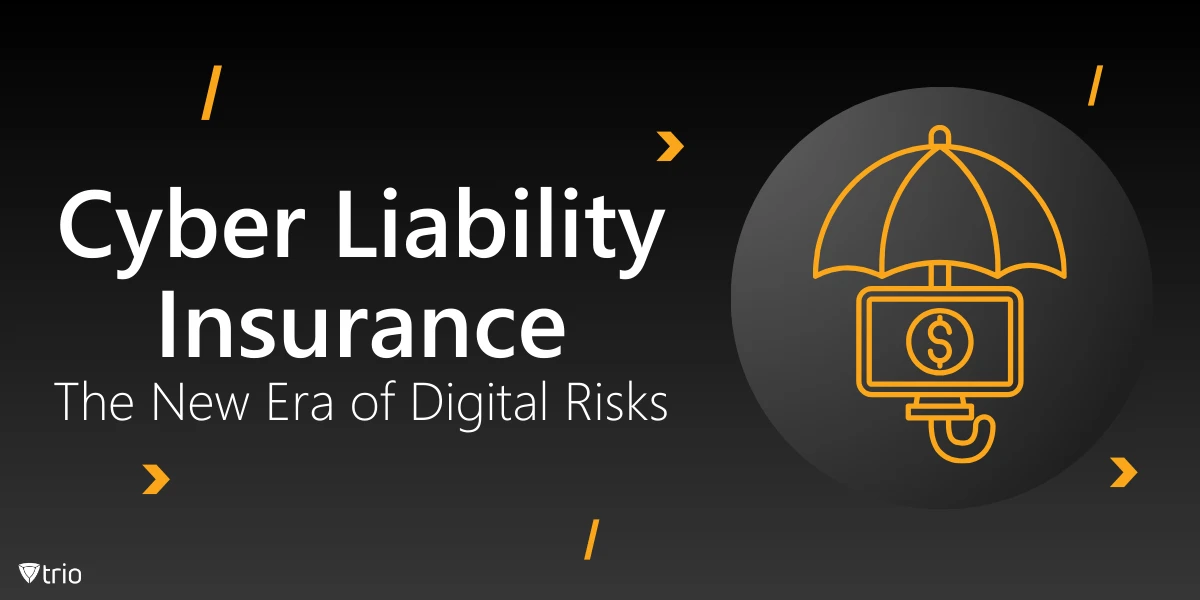Insightful Bytes
Exploring the world one byte at a time.
Cyber Liability Insurance: Your Business's Shield Against Digital Mayhem
Protect your business from digital chaos! Discover how cyber liability insurance can be your ultimate shield against online threats.
Understanding Cyber Liability Insurance: Key Coverage Components
Cyber liability insurance is an essential coverage designed to protect businesses from financial losses resulting from cyber incidents, such as data breaches and cyberattacks. Understanding the key components of this coverage is crucial for any organization seeking to safeguard its digital assets. Among the main components are data breach coverage, which helps cover the costs associated with notifying affected individuals and managing public relations after a breach; network security liability, covering legal expenses and damages arising from failures in a business's network security; and business interruption coverage, which compensates for lost income due to interruptions caused by cyber incidents.
Another critical aspect of cyber liability insurance is media liability coverage. This protects businesses against claims of copyright infringement, defamation, and other liabilities arising from content published online. Additionally, organizations should consider the importance of regulatory fines and penalties coverage, which can help cover the costs associated with regulatory investigations triggered by a data breach. By understanding these key coverage components, businesses can make informed decisions when selecting the appropriate cyber liability insurance policy to ensure comprehensive protection against today's evolving cyber threats.

Why Every Business Needs Cyber Liability Insurance in the Digital Age
In the digital age, where businesses are increasingly reliant on technology, the importance of cyber liability insurance cannot be overstated. Cyber threats such as data breaches, ransomware attacks, and identity theft are becoming more sophisticated and prevalent, leaving companies vulnerable to significant financial losses. Without this type of insurance, a single cyber incident could cripple a business, resulting in costly recovery efforts, legal fees, and potential regulatory penalties. Therefore, protecting your assets with cyber liability insurance is not just a smart decision; it's a necessity for survival in today's competitive landscape.
Moreover, having cyber liability insurance helps build trust with your clients and stakeholders. In an era where consumers are increasingly concerned about the security of their personal information, showcasing that your business is proactive about managing risks can set you apart from competitors. Prospective clients are more likely to choose a company that demonstrates a commitment to data protection and has comprehensive coverage in place. This strategic approach not only safeguards your business but also enhances your reputation, making cyber liability insurance an essential component of your overall risk management strategy in the swiftly evolving digital marketplace.
Is Your Business Prepared for a Cyber Attack? Essential Questions to Consider
In today's digital landscape, cyber attacks are becoming increasingly common, making it essential for businesses to assess their preparedness. Start by asking yourself: Do you have a robust cybersecurity plan in place? This includes evaluating your current security measures, such as firewalls, antivirus software, and employee training programs. Additionally, consider whether you have a clear incident response strategy that outlines the steps to take in the event of a breach. It’s crucial to understand that a proactive approach can significantly mitigate risks and protect your company's sensitive information.
Moreover, it's important to examine the cybersecurity culture within your organization. Are employees aware of potential threats, such as phishing scams or social engineering? Conducting regular training sessions and simulations can equip your team with the necessary tools to recognize and handle suspicious activities. Lastly, you should ask whether your business conducts periodic security audits. These assessments can help identify vulnerabilities and keep your systems updated against evolving threats. By systematically addressing these questions, you can greatly enhance your business's resilience to cyber attacks.